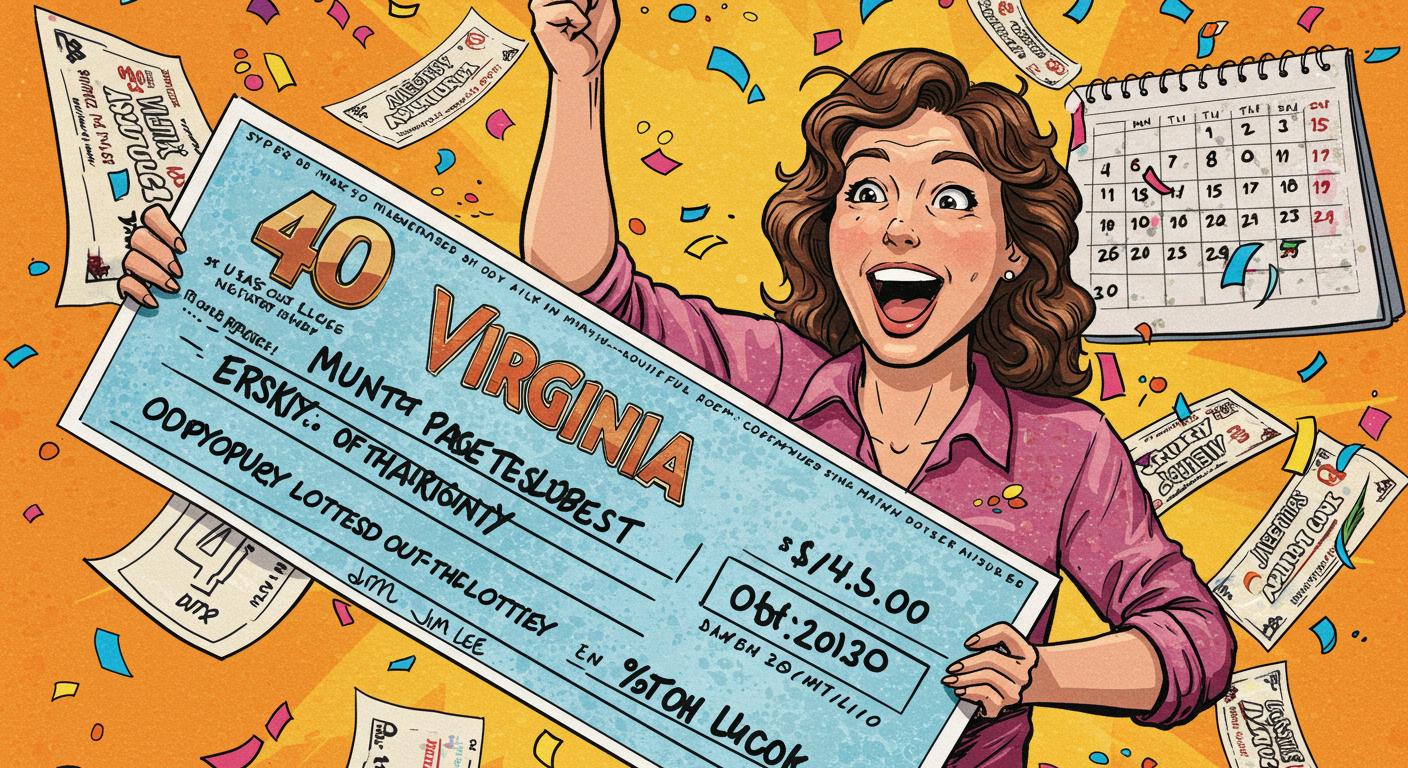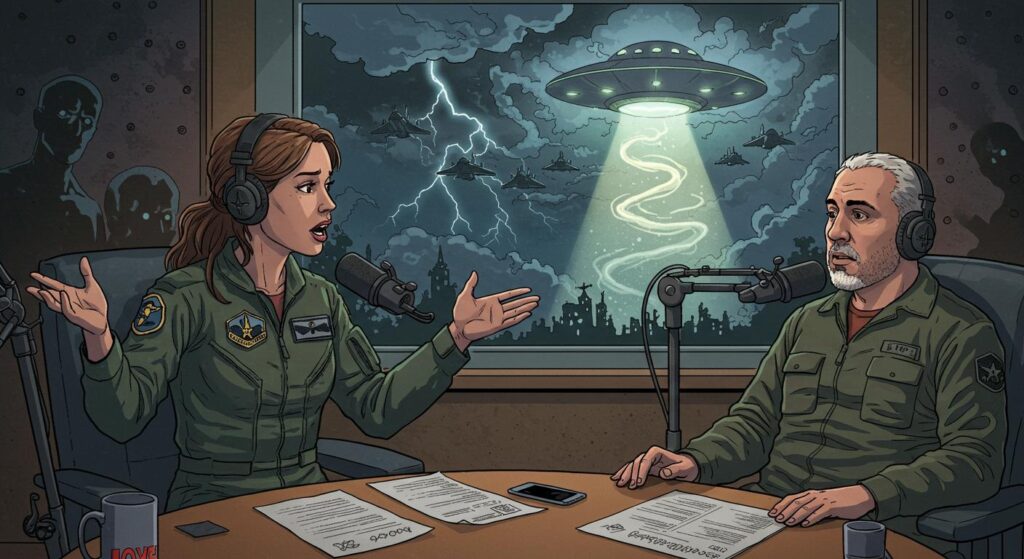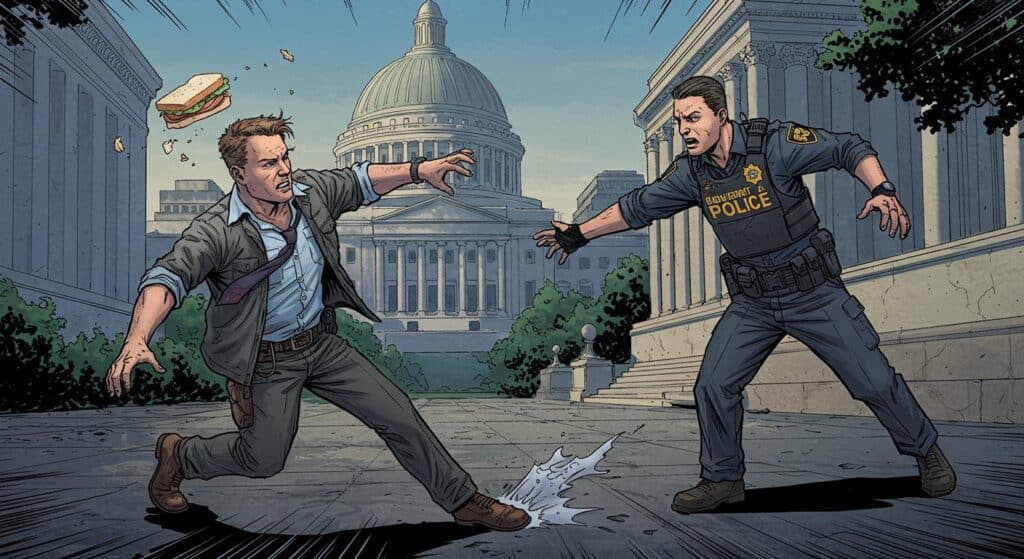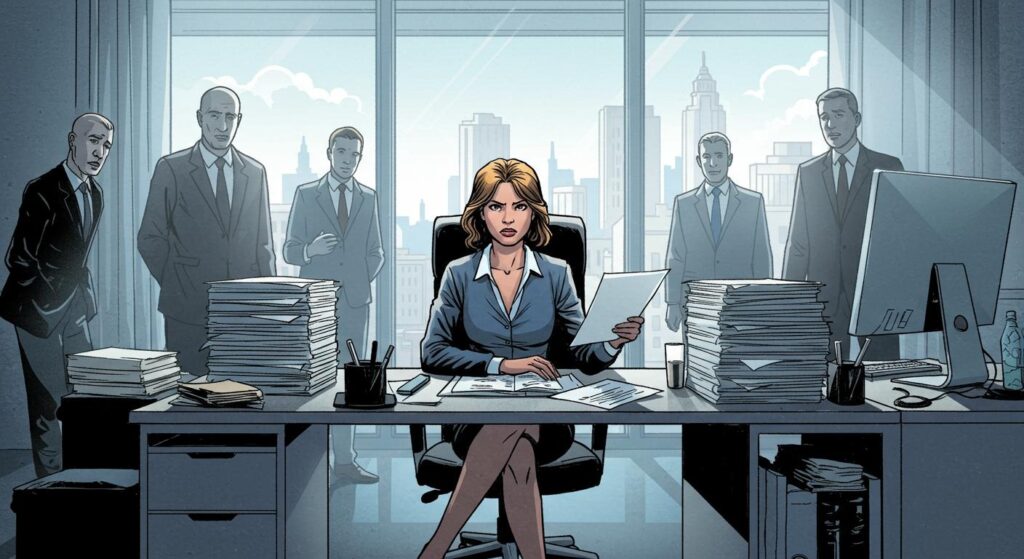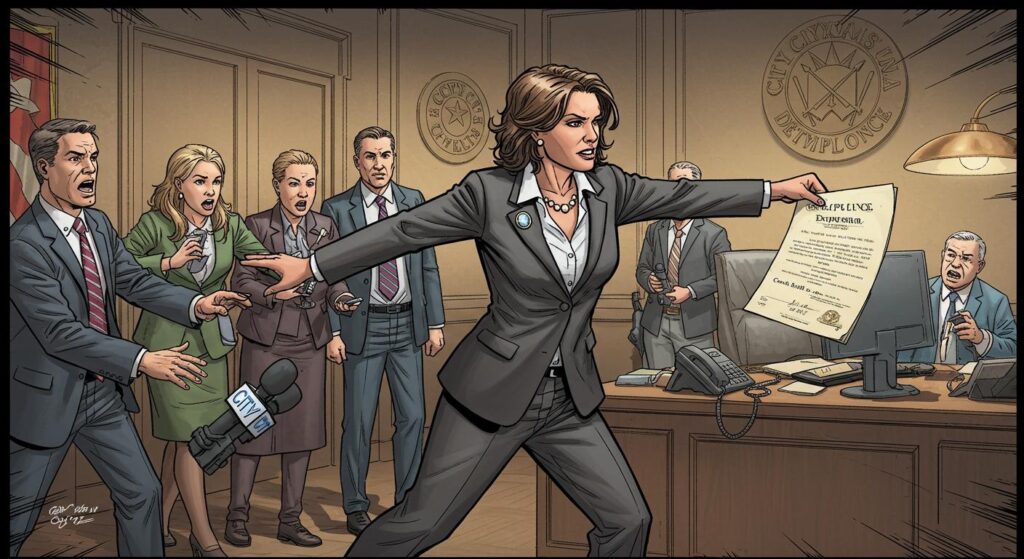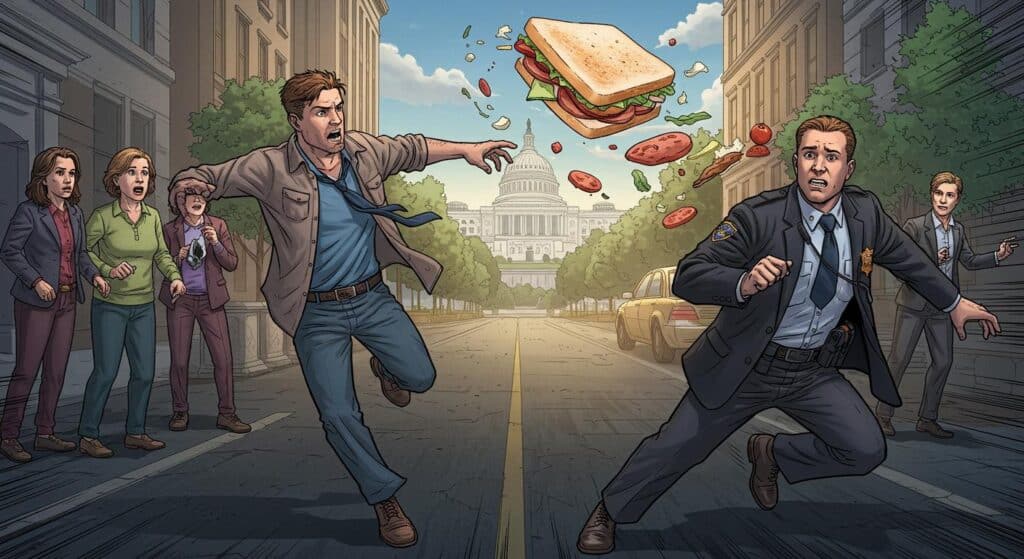Most of us have entertained the fantasy of winning the lottery—a single, spectacular windfall to upend the ordinary. Actually achieving that kind of luck is rare enough that we file it alongside four-leaf clovers and amicable HOA meetings. And to be struck by lottery fortune a second time? That’s approaching the statistical equivalent of being hit by cosmic debris while opening an umbrella indoors.
Yet in Virginia, luck appears to have trouble letting go. Two women from the state have each landed six-figure lottery prizes not once, but twice—separated by decades or, in one case, by a few short years.
Double Winners: A Statistical Curiosity
According to UPI, Gloucester resident Oletha Etheridge found herself staring at a scratch-off ticket promising $100,000 annually for the next ten years. Etheridge, who is in her 60s, told Virginia Lottery officials she’d stopped at the Food Lion on Hargett Boulevard and selected the winning “$100,000 a Year” ticket. The first person she called was her daughter—using the universal lottery-winner opener, “Are you sitting down? ’Cause I have something to tell you.” Her plans for the windfall involve a new Corvette, home renovations, and sharing the winnings with her daughters, Taletha and Takema, who plan to use their portions toward buying homes.
What makes her story all the more improbable: Etheridge had previously collected a $25,000 prize from the Virginia Lottery, back when she was in her twenties—making this her second trip to the winner’s circle, separated by roughly forty years. The odds of being in that position must be enough to make even the most hardened skeptic pause.
Meanwhile, GamblingNews reports on Sharon Godsey, another Virginian who recently matched four of the first five Powerball numbers, earning a $50,000 prize—then doubling it by opting for the Power Play, for a total of $100,000. This wasn’t her first brush with big luck; Godsey previously collected an identical $100,000 prize twelve years prior, that time through a scratch-off game called Sapphire Riches. Godsey told officials, “I just hit the floor! My knees collapsed,” which brings a satisfyingly literal edge to the experience. Notably, GamblingNews indicates that over the past decade she likely spent no more than $5,000 on tickets—certainly not pocket change, but not evidence of obsessive play either. Two large payouts on two different games, more than a decade apart, and with only moderate investment—one has to wonder if the universe simply has favorites.
Luck—or Something Stranger?
The corresponding stories, both outlined in UPI and GamblingNews, do more than prompt a round of armchair probability calculations. They also slot neatly into a running tally of other repeat winners, whose tales surface from time to time, often to amused disbelief. UPI’s broader coverage routinely dips into other oddities—from a Texas chicken improbably named the world’s oldest, to South Carolina police dashcam footage showing a lightning strike exploding a utility pole in broad daylight. Some patterns, it seems, delight in defying the “never twice” conventional wisdom.
Does repeated lottery luck boil down to persistence—buying enough tickets over a long enough timeline that eventually, even the least probable outcome becomes inevitable—or are some individuals simply tapped as recurring outliers in the great random shuffle? It’s the kind of question better suited for statisticians at a dinner party, and one that never quite lands on a satisfactory answer.
The Enduring Appeal of the Improbable
What is clear, as described in both outlets, is that when luck comes calling—once, twice, or possibly more—it tends to leave lasting footprints, both on family lore and on our collective appreciation for the offbeat. Whether Etheridge’s and Godsey’s feats are dazzling anomalies or a barely perceptible blip in the churning math of probability, the stories prompt at least a moment’s pause: just how much randomness is baked into ordinary lives?
One thing is certain: the phrase “lightning never strikes twice” seems, as ever, up for debate.

